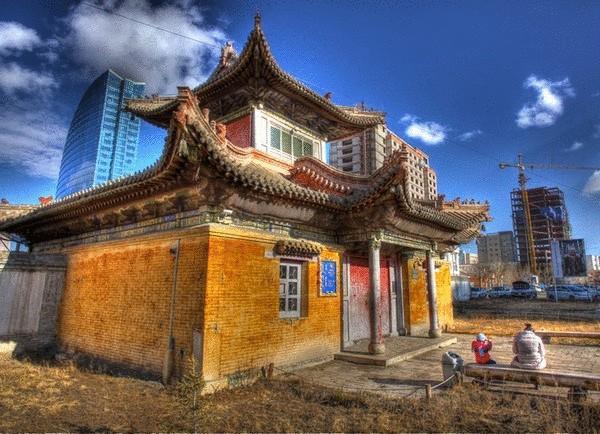532
Block of ice to cool Ulan Bator

For several decades, there are projects of transfer of Arctic and Antarctic icebergs to the shores of Africa and Arabia to provide the local population with clean drinking water. But in the Mongolian capital city of Ulan Bator by using a huge blocks of ice are planning to cool the air in summer.
Most of us are accustomed to seeing ice in the form of ice cubes in a glass of drinks, icicles hanging from the roofs in winter and covering for the ice rink. But in the capital of Mongolia plan to use the ice to save electricity.

Who was in the mountains, the snow lies there happens until the summer. And Ulaanbaatar is situated at altitude 1300-1350 m above the sea level. Winter here is quite cold and in summer is very hot. Here with the heat and decided to fight the authorities of the Mongolian capital city through an ambitious geoengineering project.
In the framework of this project in the winter on the river above Tuul Ulaanbaatar will create a huge glacier (the ice crust and then will punch and pull out the water to the spring ice thickness reached a maximum).

As expected, the resulting glacier will last until the end of summer. It will gradually melt, and the purest melt water will go to water supply system in Ulaanbaatar, as well as agriculture. And the cold, exudes a huge block of ice the size of several kilometers, will cool the Mongolian capital.
This project has already invested 725 thousand us dollars. As expected, the money will be offset by reducing expenditures required for clean drinking water, and by reducing the amount of electricity required for air conditioning of residential buildings, administrative buildings and office centres in the summer season, during the heat wave.
However, the authorities of Ulan Bator still not sure that describes the project, really, discourage. This winter will be launched a pilot version and only next autumn it will become clear whether the idea.
Source: /users/78
Power station for Durham tees valley
The new medical center Columbia University Columbia University Medical Center























